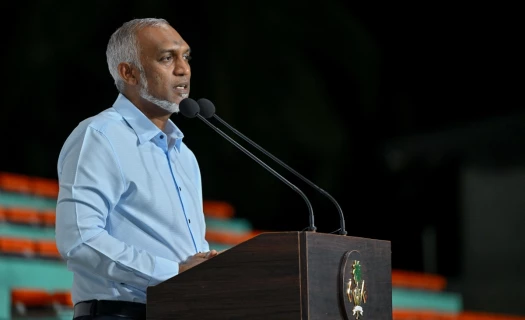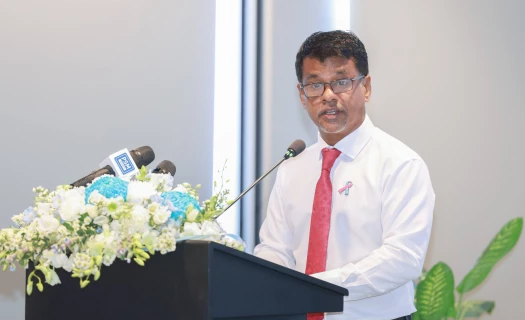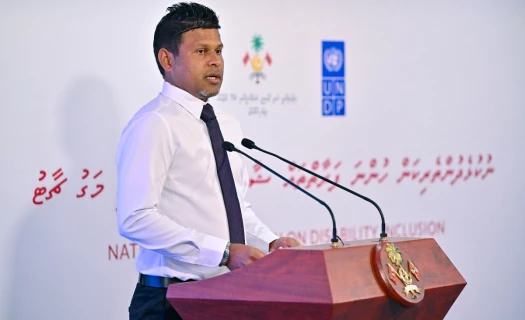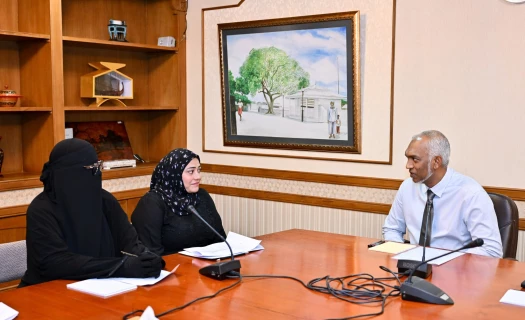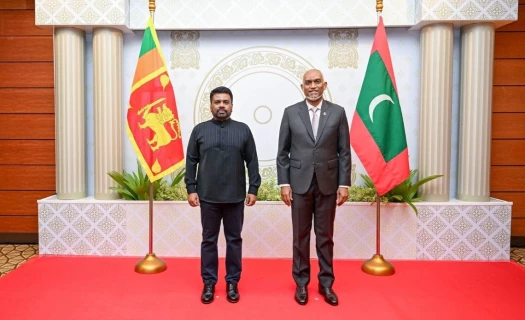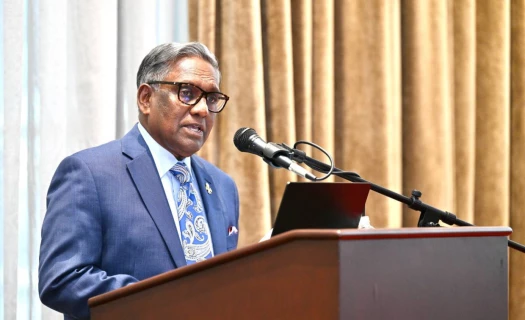President Muizzu meets UAE Vice President Sheikh Mohammed bin Rashid Al Maktoum

In a significant diplomatic meeting, His Excellency President Dr. Muizzu engaged in a productive meeting with His Highness Sheikh Mohammed bin Rashid Al Maktoum, the Vice President, Prime Minister of the United Arab Emirates, and Ruler of Dubai.
The meeting took place on the sidelines of the esteemed World Government Summit 2024 on Tuesday.
The high-level discussions encompassed a broad spectrum of subjects, reflecting the commitment of both leaders to strengthen the bonds between the Maldives and the UAE.
Key areas of focus included trade, tourism, and various developmental issues aimed at fostering mutually beneficial collaborations.
President Dr. Muizzu and Sheikh Mohammed delved into the enhancement of bilateral relations, exploring avenues for increased cooperation in trade and tourism.
The leaders recognized the potential for further development and growth through strategic partnerships, aiming to elevate the economic ties between the two nations.
The dialogue extended beyond bilateral matters, as the leaders addressed pressing global concerns, particularly emphasizing the challenges posed by climate change and the imperative for sustainable energy solutions.
This reflects a shared commitment to addressing issues of global significance and contributing to the collective efforts for a sustainable future.
The meeting concluded on a positive note, with both President Dr. Muizzu and Sheikh Mohammed expressing their shared aspiration to fortify the amicable relations between the Maldives and the UAE.
The commitment to continued collaboration signifies a promising trajectory for the diplomatic ties between these two nations, poised to thrive in the realms of trade, tourism, and global challenges such as climate change and energy sustainability.
